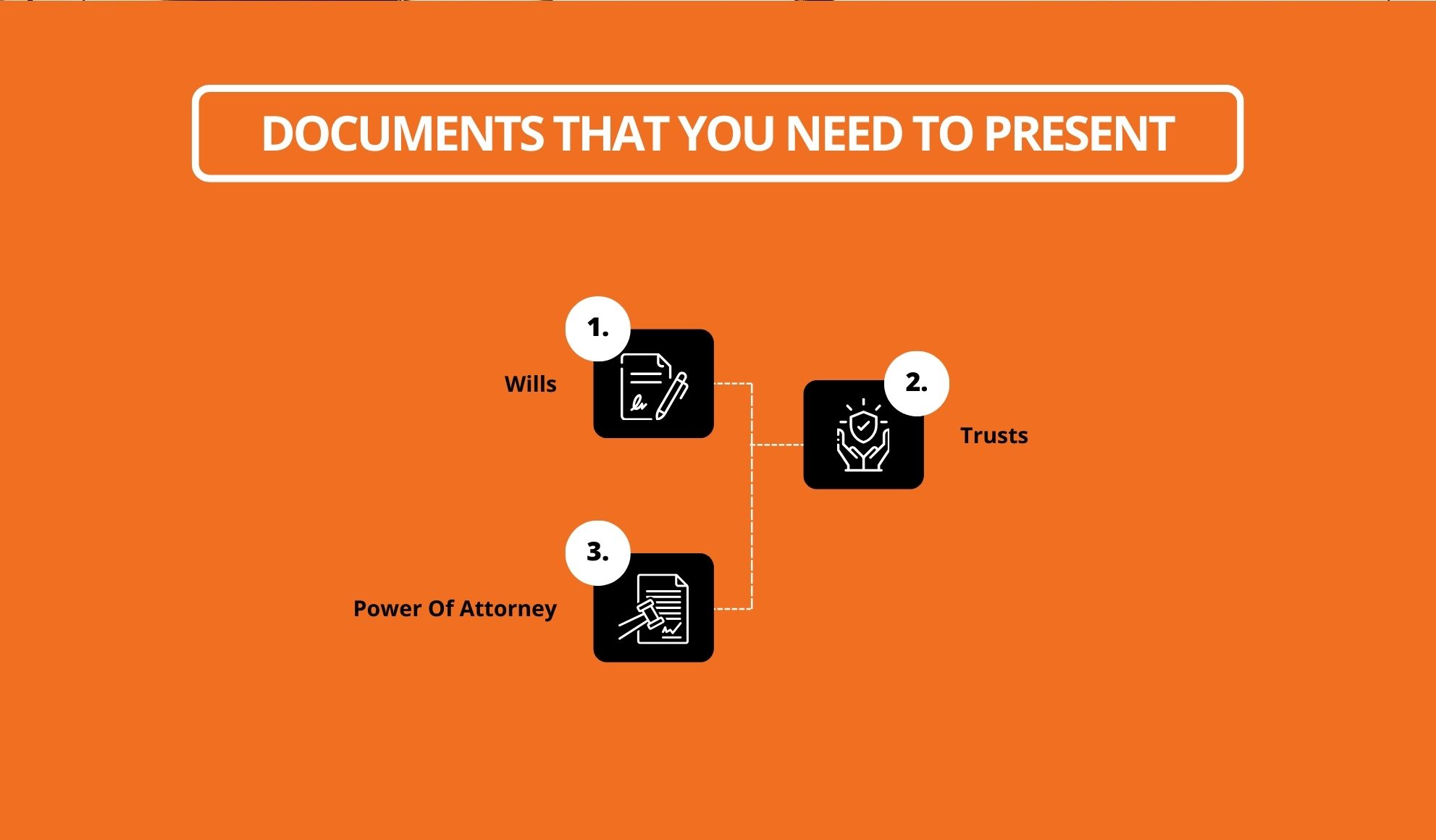Question of the Hour: How Much Does Estate Planning Cost?
by Ankita Tripathy Real Estate 17 December 2024

The essence of exclusivity in the term estate planning is simply mind-boggling. People out of touch might confuse it with something that wealthy people do. To plan their estate among peers, offspring, and other relationships.
In reality, it is a widespread practice that most people follow through. In this article, we will not only discuss so much estate planning costs, but we will also look at other aspects related to it. But first, let us start with the basics.
So, pull up your socks as we dive right in to answer questions about estate planning costs. Let’s go!
What is Estate Planning?

What Is Estate Planning? Estate planning is a process that involves creating detailed plans to manage individual assets in case the current holder of assets dies or becomes incapable of managing these assets. This is a straight enough process. Well, it is not.
Planning your estate can be a tedious job as it requires a clear understanding of so many concepts simultaneously. Therefore, you need to have patience and follow through. It will only help you in the long run.
Primary Components of Estate Planning

Estate planning is a complex concept that requires a careful understanding of several things at the same time. Therefore, if you actually want to understand what it is or how much estate planning costs, you need to understand these estate planning checklist components as well.
- Wills: These are legal documents that specify asset distribution as per the wishes of the current asset holder. To know more about wills, consider checking out our article studying the difference between estate planning and wills.
- Trusts: A third-party organization that holds the specified asset in case the beneficiary is young or is unable to manage the assets effectively.
- Power Of Attorney: This is a legal authority that is granted to a trusted person who will keep the asset safe and secure.
- Beneficiary designation. Some forms specifically designate who qualifies as a beneficiary and the overall asset that they can receive in the longer run.
- Healthcare Derivates: In some cases, the person holding the will might lay down treatment directives or other documentation that can help a person understand the power of attorney.
Factors That Influence Estate Planning Cost
Estate planning is a multi-layer process that includes several aspects. As a result, determining how much estate planning costs is purely based on these independent concepts.
As a result, let us take the journey one by one and understand what or how much a person needs to pay to plan their estate effectively. Still, the regulations are changing every day, so keep an open mind and approach the section accordingly.
Here they are.
Attorney Fees
The first stage of the estate planning cost is the attorney fees for an estate planning attorney. This is a significant part of the expenditure that one needs to bear if one wants to plan one’s estate. Here, you will have to pay the attorney for their time and money. As a result, the fee structure can be primarily divided into three stages:
- Hourly Fees: This is a popular fee structure where an attorney charges around $150 to $350 per hour for their services.
- Flat Fees: This is a flat fee where you pay around $300 to $1500 to the attorney for their services and role in the estate planning.
- Retainer Fee: This is only required for complex estate planning where the process takes the form of a legal battle.
Complexity of the Property
The next factor that decides the general pricing of your estate planning is the complexity or the extent of the property. This is another critical piece of the puzzle as it determines the general pricing of planning an estate.
Total Number of Assets: Estates with multi-layered property holdings tend to be more expensive and complex properties to plan.
Special Consideration: Properties with specialized conditions tend to be more costly. Therefore, it can shoot up the general price.
Tax Consideration: Estates with a massive scale tend to incur more tax. Therefore, effective and prior planning can help you bring the general taxation bracket down.
Location
The final aspect of estate planning cost is the geographic location. Geographic location determines a lot of things when it comes to real estate and property management. Therefore, here are three key locational factors that determine the cost of planning your estate:
The general cost of living: Areas with a higher living cost generally incur heavier attorney fees. This is primarily due to higher administration fees, standard of living, etc.
State laws: Some laws can be stringent and include high taxes or additional fees that can bring the overall cost up.
Market Demand: If the demand of the market is high, you will have to pay a higher fee.
Should You DIY Estate Planning?

Estate planning is an easy enough deal. All you need to do is assess the scale of your estate and ensure that it is allocated effectively. As a result, many people take the do-it-yourself route.
As a result, they go through the entire process all by themselves and consider saving money. However, this is a dicey thing to do. In some cases, this can entirely backfire and turn into an absolute disaster.
Therefore, let us look at the two different sides of the said conversation:
For the Motion
You can choose to go through the DIY route if your estate is not big or complex. In fact, we suggest you keep it simple if your estate is not that complex or has that scale.
What is the point in paying a hefty price for allocating your resources if they are simple enough? Therefore, consider this aspect and get the job done all by yourself.
Against the Motion
This conversation changes dynamically when the scale of your property is more significant compared to the first-case scenario. In this case, taking a DIY approach is definitely not viable. Taking a DIY approach can land you in a ditch.
Therefore, if the estate is complex and multi-layered, then you should definitely only try to allocate your assets to others, as this would leave you alive in the ditch. Therefore, if you have no prior experience in this topic, then do not try to plan your estate all by yourself.
Documents That You Need to Present

Estate planning is a once-in-a-lifetime thing that you will go through. As a result, you must have some clarity on the documents that you need to present in order to get the job done effectively.
Wills: As we have listed earlier, this is a critical piece of document that decides or lays explicitly down the overall asset allocation structure and process.
Trusts: Trust documents ensure that the assets are correctly stored and are later allocated effectively.
Power Of Attorney: The final piece of documentation is known as POA or power of attorney documentation. This designates the clauses and the limitations enforced on the power of attorney.
Hidden Costs of Estate Planning

Estate planning is one of the most resource-intensive processes out there. As a result, expect to see some hidden costs. These hidden costs are not explicitly discussed in any way. However, they can add to the overall costs and blow the whole thing out of proportion.
Here are some of the hidden costs that you might have to bear if you are planning on getting your estate planned professionally. Thus, follow along to know more. Let’s go!
Admin Costs
If you are planning your estate, chances are that you will have to bear some administration costs. These administration costs include fees and percentages that you need to pay to the local government.
One very popular administrative cost is the probate fees. This can range from 2% to 5% of the total estate value. Therefore, it can be a lumpsum amount that you need to pay.
Another popular administration cost is called the executor cost. The executive cost also follows a similar pattern compared to administrative costs.
Taxation
Taxes can also be part of the hidden costs that you might have to encounter while planning your estate. Therefore, you need to understand it effectively. This form of tax is known as estate tax and is calculated over the total value of the estate.
Therefore, this is another hidden mandatory expense that you have to bear, no matter what. As a result, you need to ensure that you pay this amount in full. Otherwise, you might run the risk of being accused of taxation fraud. Therefore, check out our blog on estate planning mistakes to know more.
End of the Line
With that, you have reached the very end of our article about ‘How much does estate planning cost?’ Therefore, we hope that we were able to help you understand this concept and direct you toward a more informed part of the conversation.
If you liked this piece of content, then do leave us feedback and keep following our page for more such content on business and similar subjects. Thank you and have a great day ahead.
Read More:



































































































